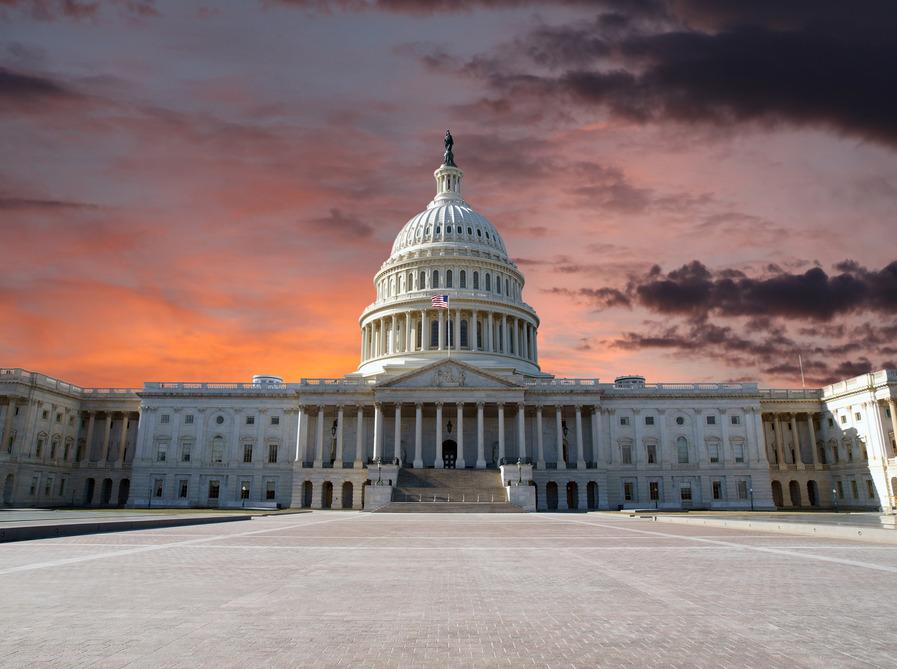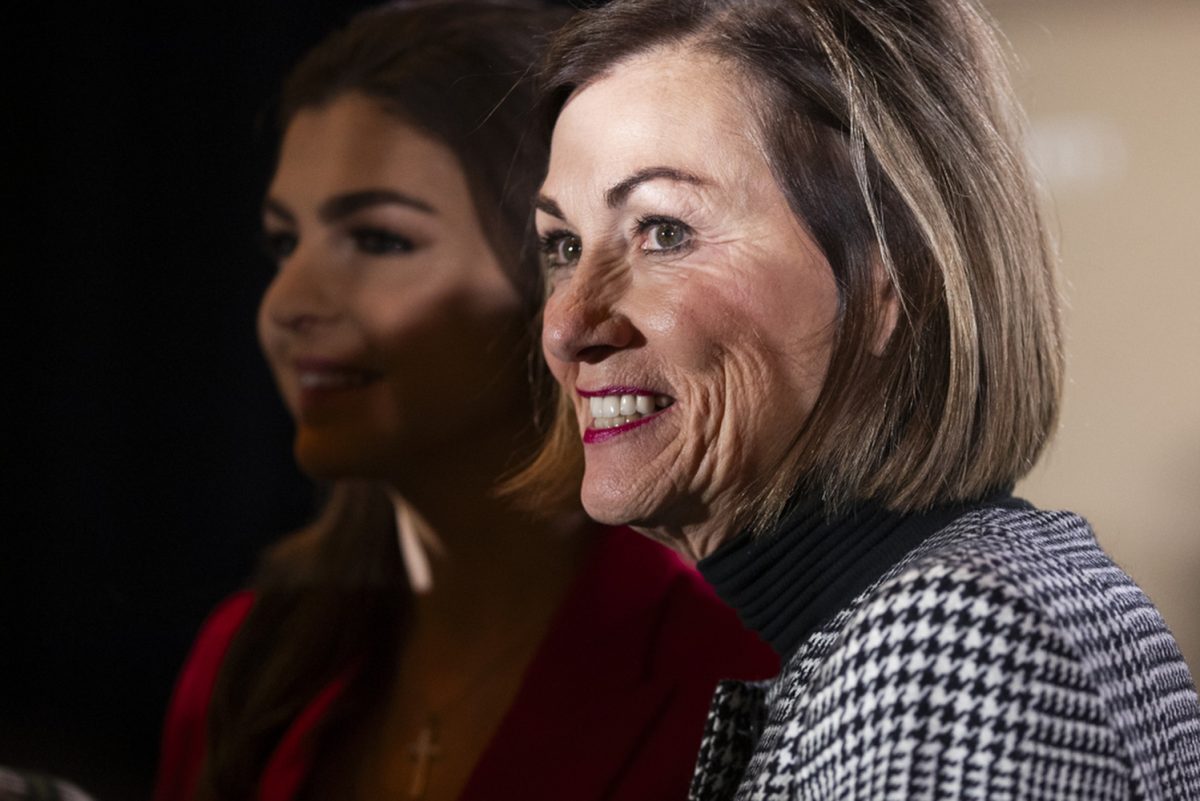Marcus Vincent Brown
[email protected]
Sexual misconduct carried out by high-ranking military officers has been an underrepresented issue, because the U.S military has long had a policy of self-regulation with such issues. As a result, a tradition of privileged protection for said military officers has arisen, but this attitude has been challenged by an increase in the number of disciplinary actions against officers and enlisted personnel for instances of sexual misconduct.
While the practice of handling violations internally may be beneficial to the military’s operation (by removing the factor of public scrutiny) doing so creates a culture that perpetuates sexual misconduct. Trends over the last few years show a positive trajectory in terms of the punishment of military members.
According to statistics from the Department of Defense’s Sexual Assault Prevention and Response Office from 2012 to 2015, the number of enlisted troops disciplined in sexual-assault cases has risen from 1,043 to 1,688. This is an increase of 61.8 percent in four years.
More alarming than the number of enlisted troops is the number of officers disciplined in sexual assault cases. According to the same findings, the number of military officers disciplined has risen from 56 to 116, which is an increase of 125 percent in four years. Even though the numbers indicate movement in the right direction, it reveals a disparity largely rooted in the larger issue of addressing sexual misconduct in the military.
Enlisted personnel “accounted for 94 percent of all cases last year,” and while the number of enlisted personnel outnumbers the officers, it raises the question of what could be the cause of such a large gap in the numbers. That “enlisted troops outnumber officers by a ratio of 4.6 to 1” does not serve as believable evidence to account for the miniscule 6 percentage points left behind by the 94 percent of cases attributed to enlisted troops.
Looking at the numbers alone would make one believe that enlisted personnel are more likely to commit sexual misconduct compared to officers, but I doubt whether military status has any bearing on one’s proclivity to such misconduct. I believe the source of the problem is a worship of prestige and status that overshadows the motivation to hold guilty parties responsible for their actions.
What these statistics indicate to me is a disorder of priority. It indicates a mentality predisposed to overlook the plight of the individual in order to preserve the reputation of the institution. In this case, that institution is the U.S military as a monolithic entity that some from the inside may feel would be threatened by the publicity of its members’ wrongdoings.
It is the instances in which the lines between authority and accountability, prestige, and punishment blur that provide the opportunity for those in power to abuse it. There are times when seeking justice for oneself can just as easily feel like a betrayal to the organization people have committed themselves to, despite the misdeeds of said organization.
I don’t find it difficult to understand how in the military such a mentality could occur where people are conflicted between the desire to protect themselves and protect the organization that defends so many. However, this is not a viable attitude to have. The military will not be made weaker by ensuring that justice is carried out, and its members are protected from those in authority.
If anything, reforming the culture in the military in terms of sexual misconduct will bolster its internal strength and cultivate an environment of security and accountability under the law.










